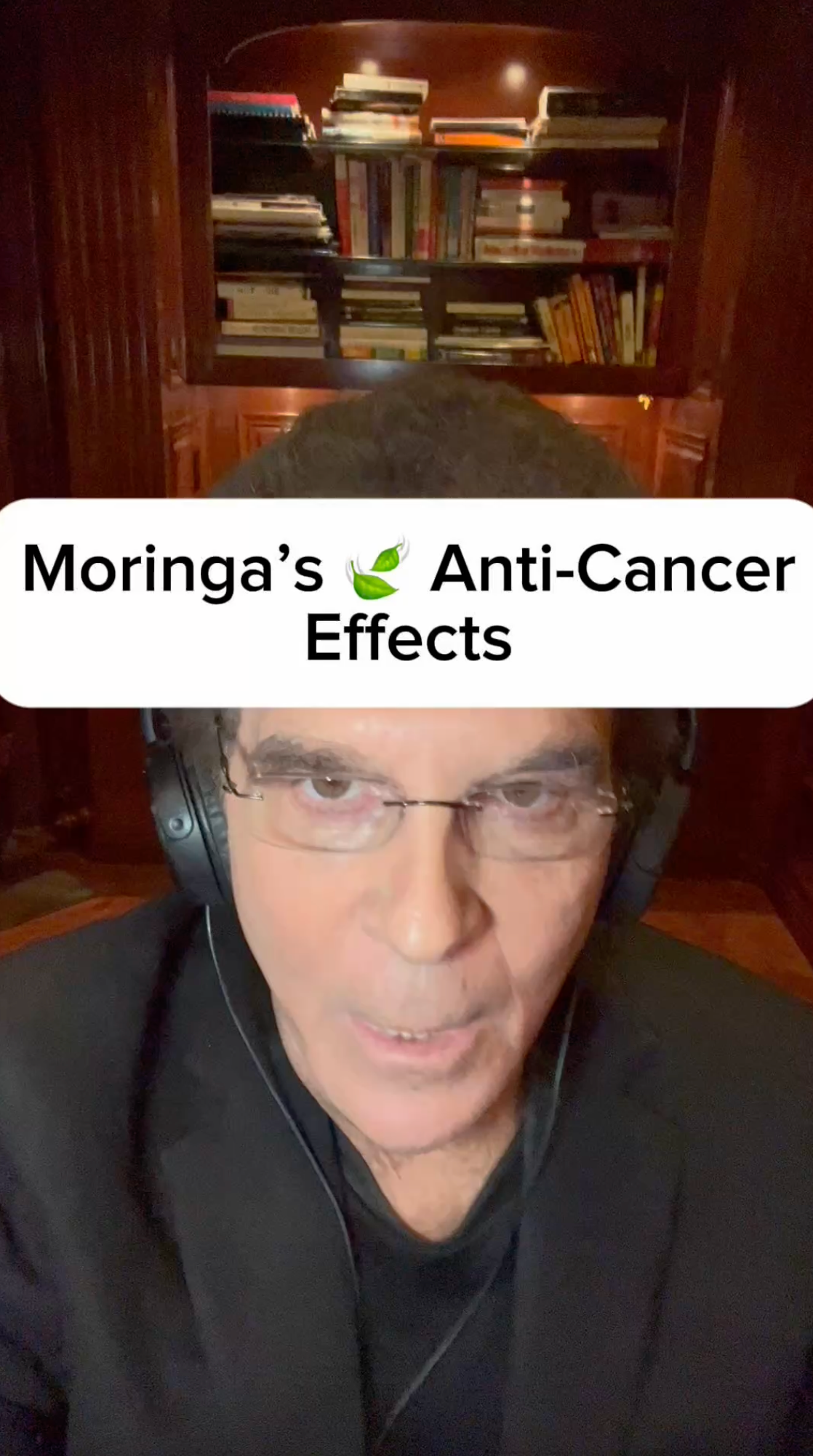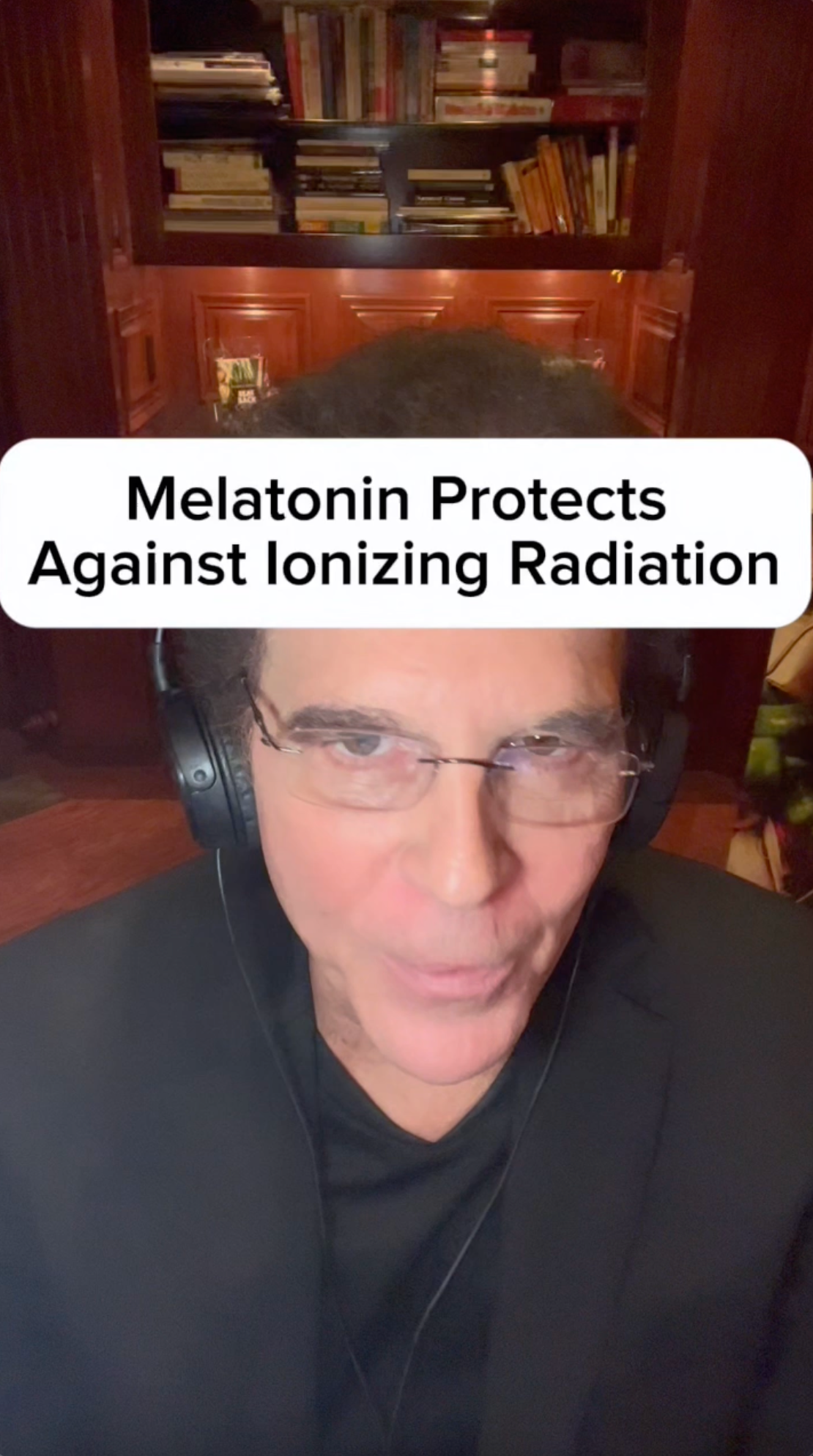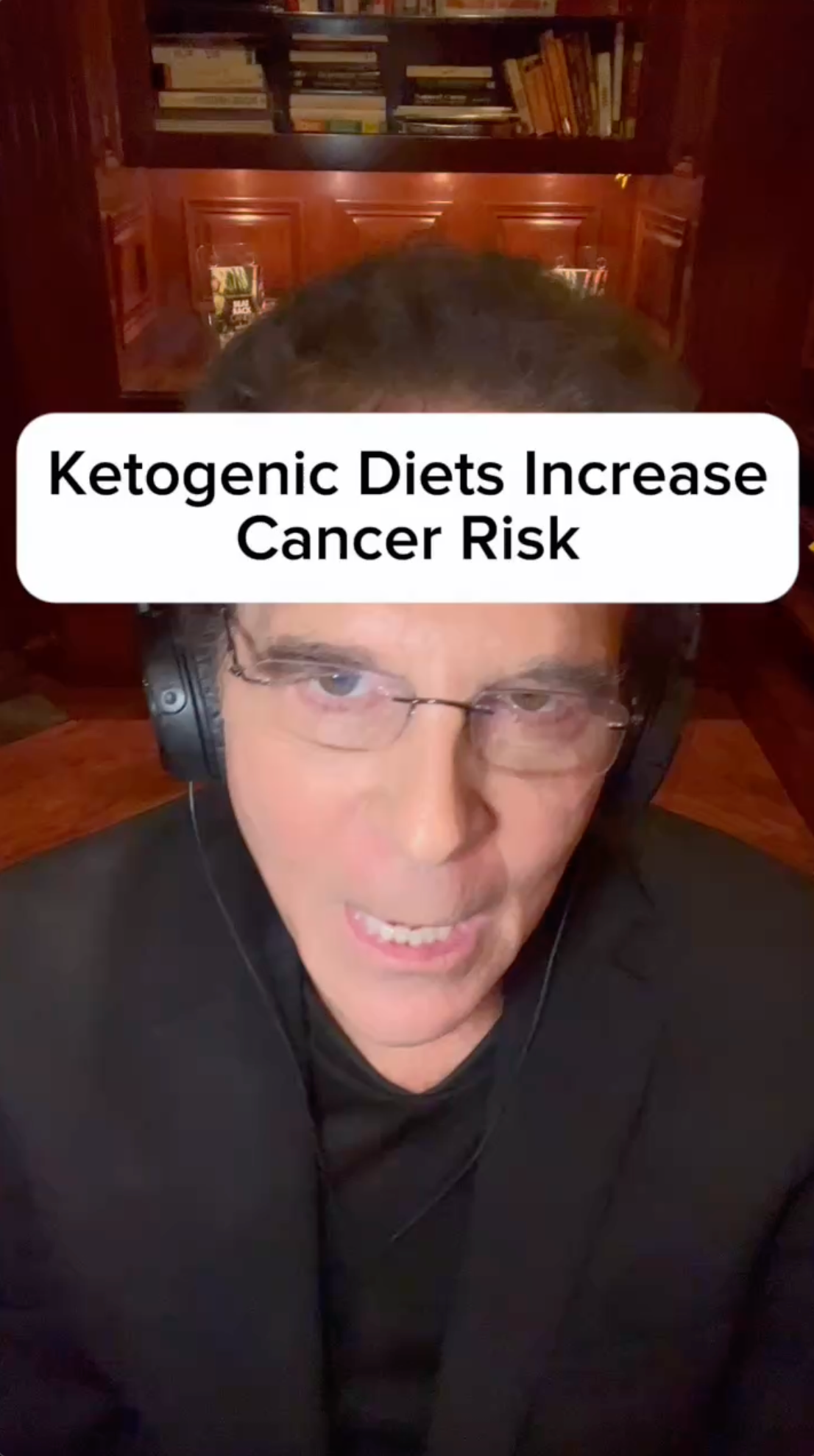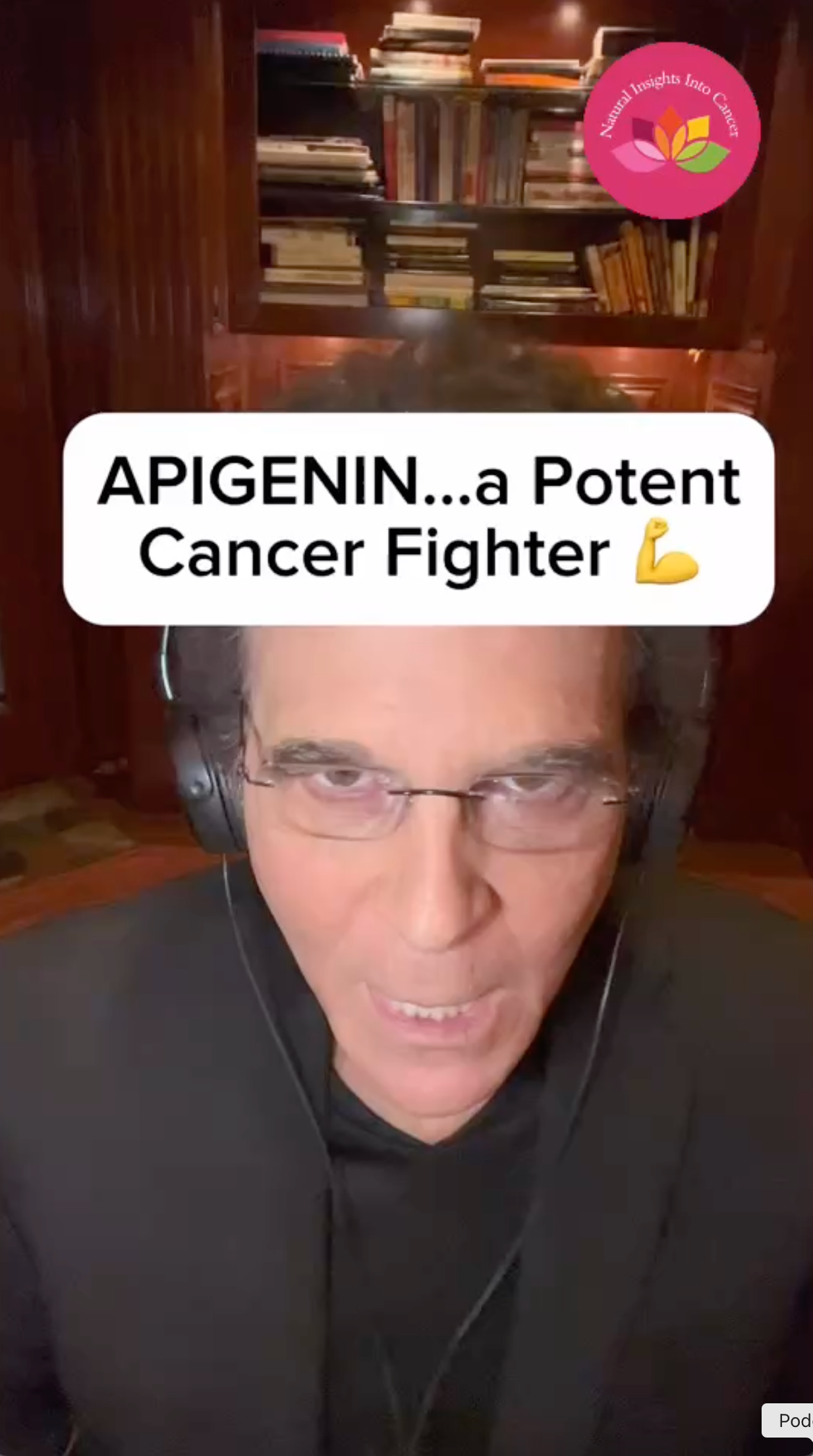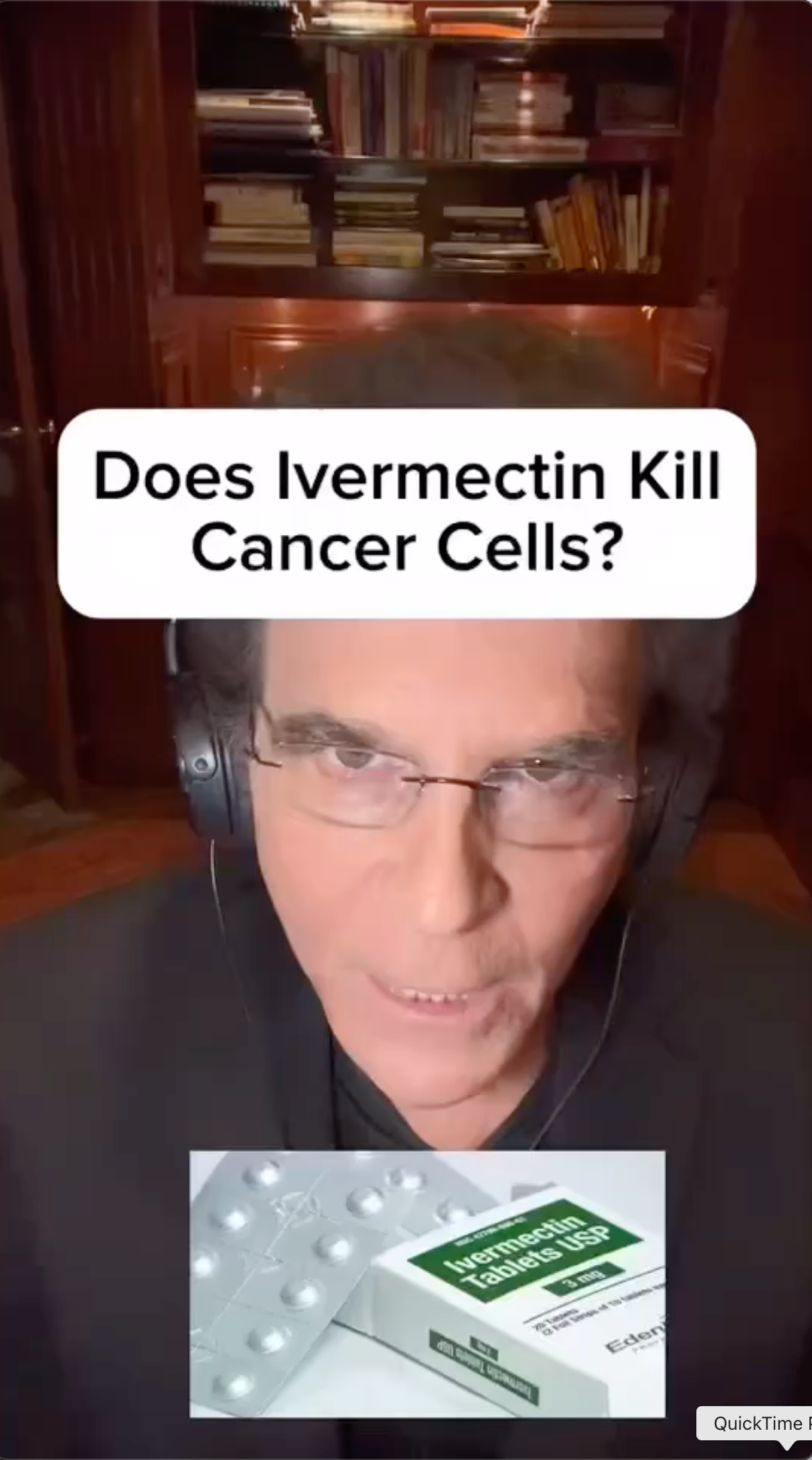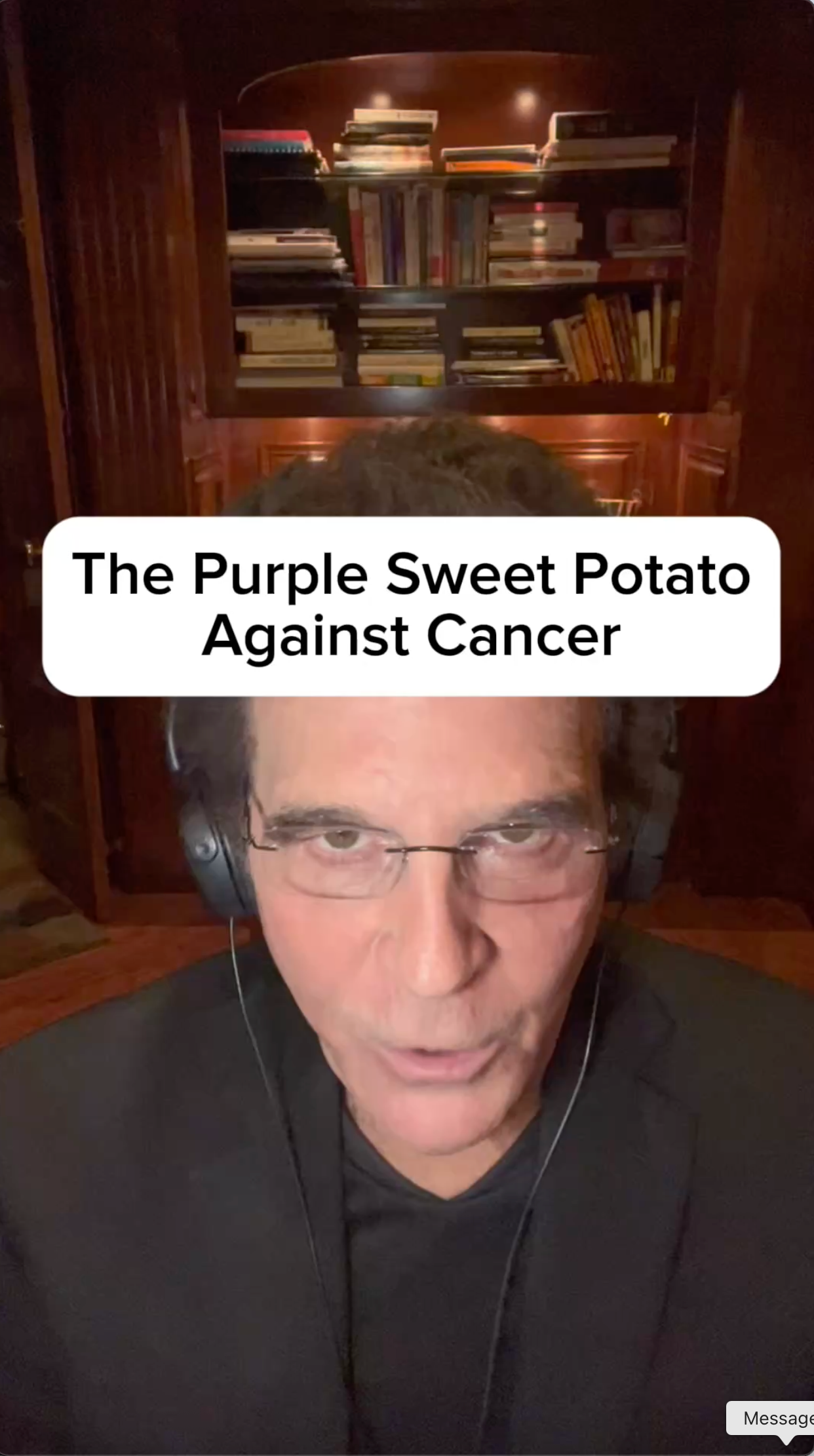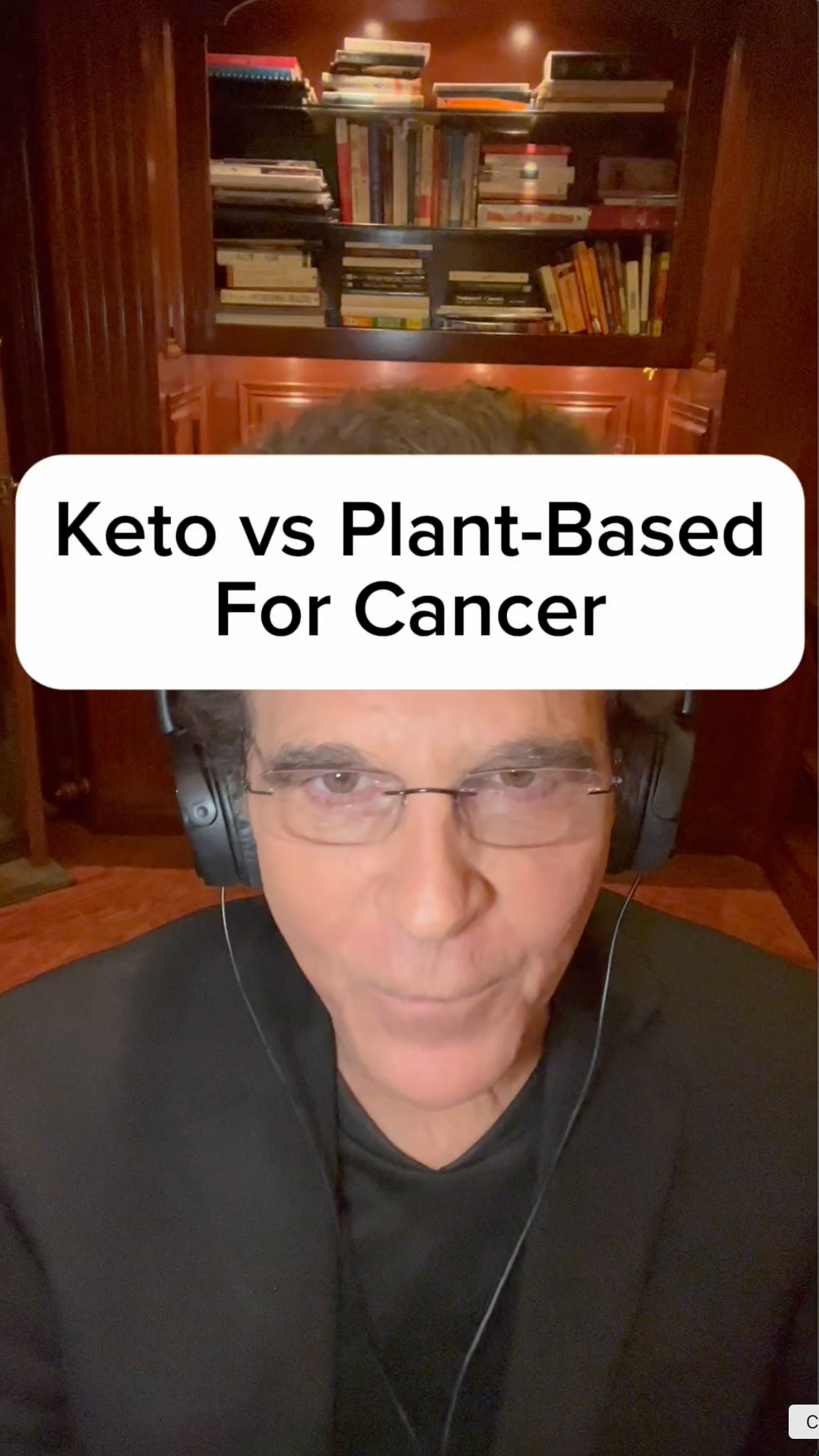Is Moderate Alcohol Intake Healthy?
Dominic A. Brandy, MD • October 8, 2019
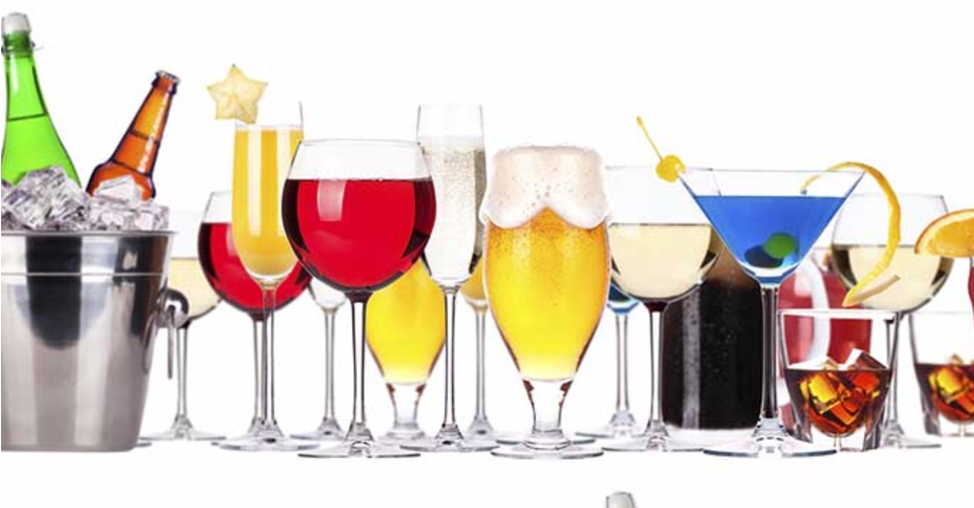
In recent years there has been a false narrative propagated that moderate alcohol intake is healthy. This was driven from some older studies showing that people in France who eat a very high saturated fat diet had fairly low levels of cardiovascular disease.
In a meta-analysis of the scientific data on the relationship of alcohol consumption and disease, Dr. Fillmore and his research group demonstrated that these studies were erroneously performed. In his analysis of these studies, he discovered that many individuals who described themselves as tea-totalers were actually individuals who previously had severe liver disease due to alcoholism or other grave diseases [1]. They totally stopped alcohol consumption because of their life threatening situations. Subsequent studies defining a tea-totaler as someone who never drank alcohol revealed totally different results; with the no alcohol group having much less cardiovascular disease, cancer and all cause mortality.
Additionally, research consistently shows that drinking alcoholic beverages increases a woman’s risk of hormone-receptor-positive breast cancer. Alcohol not only damages DNA, but also triggers higher levels of estrogen and other hormones linked to breast cancer. Compared to women who don’t drink at all, women who have 3 alcoholic drinks per week have a 15% higher risk of breast cancer. The estimated alcohol and breast cancer risk increases another 10% for each additional drink women have each day according to breastcancer.org.
Here are more risk findings about alcohol and breast cancer:
*A large meta-analysis (reviewing many studies in one) looking at the relationship between alcohol and breast cancer risk, they discovered that women who drank about 3 alcoholic drinks per week experienced a moderate increase in breast cancer risk.
*A 2009 study found that drinking just 3-4 alcoholic beverages per week increases a women’s risk of breast cancer recurrence in women diagnosed with early stage breast cancer.
Another very large meta-analysis of 572 studies, including 486, 538 cancer cases, was recently published in the British Journal of Cancer [2]. That analysis concluded that even moderate alcohol intake increases the risk of cancer of the oral cavity and pharynx, esophagus, colorectum, liver, larynx and female breast. It also found evidence that alcohol drinking is associated with some other cancers such as pancreas and prostate cancer and melanoma.
The bottom line is that regularly drinking alcohol can harm your health, even if you don’t binge drink. All types of alcohol count. One drink equals 12 ounces of beer, 5 ounces of wine and 1.5 ounces of hard liquor. When you drink beverage alcohol around 2%-8% is lost through urine, sweat, or the breath. The other 92%- 98% is metabolized by your body. All ethyl alcohol, which is broken down in the human body, is first converted to acetaldehyde, then acetaldehyde is converted into an acetic acid free radical. It is important to note that acetaldehyde is a poison which is a close relative of formaldehyde. Having this poison floating around in the blood, before moving further down the metabolic chain in the liver is a cause of much free radial activity which is at the core of aging, chronic diseases and our big concern... cancer.
An additional critical point is that we, as a culture, have become so blasé about alcohol use. Nowadays, many seem to view it like drinking water. However, in 2010, the official World Health Organization formally raised its classification of alcohol as an absolute human breast carcinogen. In 2014, they were even more intense in their position, stating that, regarding breast cancer, no amount of alcohol was safe. But what about so called responsible drinking? In 2013, researches did a meta-analysis of more than 100 studies looking at the correlation between breast cancer and light drinking (up to one alcoholic beverage a day). The scientists discovered a modest, but statistically significant rise, in breast cancer risk even among women who had at most one drink per day. They estimated that, every year around the world, nearly 5,000 breast cancer deaths may be attributable to light drinking [3]. Scientists believe that the cancer causing chemical isn’t the alcohol itself. The offender is actually the toxic enzymatic metabolic by-product of alcohol called acetaldehyde, which is a relative of formaldehyde. Red wine may be slightly better than white wine and other alcoholic beverages, but The Harvard Nurses’ Health Study found that even a little less than one drink of red wine per day day is correlated with some elevation in breast cancer risk [4].
In regard to specific plant foods that have anti-breast cancer action, cruciferous and allium vegetables are the most potent against cancer, but a variety of many different fruits, vegetables, whole grains, legumes, mushrooms, nuts and seeds is so important. When I eat a salad a put over 25 vegetables into that salad. In the morning I eat 8 different nuts before I take my supplements. My morning smoothie contains 8 different fruits. Remember that there are over 25,000 phytonutrients in plant foods that do a variety of powerful anti-cancer activities:
*Increase Natural Killer Cell Activity
*Block Cancer Cell Blood Vessel Growth (angiogenesis)
*Cause Cancer Cell Suicide
*Disrupt Cancer Gap-Junction Cell Signaling
*Inhibit Cancer Proteosomes (remove unwanted proteins)
*Fragment Cancer DNA
*Make Tumor Suppressor Genes Suppress More
*Make Cancer Cell Suicide Genes Cause More Apoptosis (cell suicide)
*Help Prevent Chemotherapy Resistance
*Stop Cancer Cell Division at Various Points (e.g.AKT, G1/G2)
*Stop the Methylation Process That Inactivates BRCA DNA Repair Genes
*Become Pro-oxidants in the Presence of Cancer’s High Copper and Iron Levels
*Protect from Further Mutations to Normal and Cancer Cells
*Potently Anti-Inflammatory Which Cancer Thrives Upon
So stop drinking any alcohol. Instead drink purified water, exercise daily and eat at least 9 servings of plant foods per day!
><
- Fillmore KM et al. Moderate alcohol use and reduced mortality risk: systematic error in prospective studies and new hypotheses. Ann Epidemiol. 2007 May;17(5 Suppl):S16-23.
- Bagnardi V et al. Alcohol consumption and site-specific cancer risk: a comprehensive dose-response meta-analysis. Br J Cancer. 2015 Feb 3;112(3):580-93)
- Chen WY et al. Moderate alcohol consumption during adult life, drinking patterns, and breast cancer risk. JAMA 2011;306(17)1884-90.
- American Cancer Society. Cancer Facts and Figures 2014. Atlanta: American Cancer Society 2014
Natural Insights Into Cancer Blog
If you like our blog, you'll love our book.
BEAT BACK CANCER NATURALLY is based on 5 scientifically proven ways that require you first get educated. You’ll make a plan which is laid out for you in a simple fashion. If you follow my steps you will gain a feeling of empowerment over your cancer and will not only survive but thrive.

